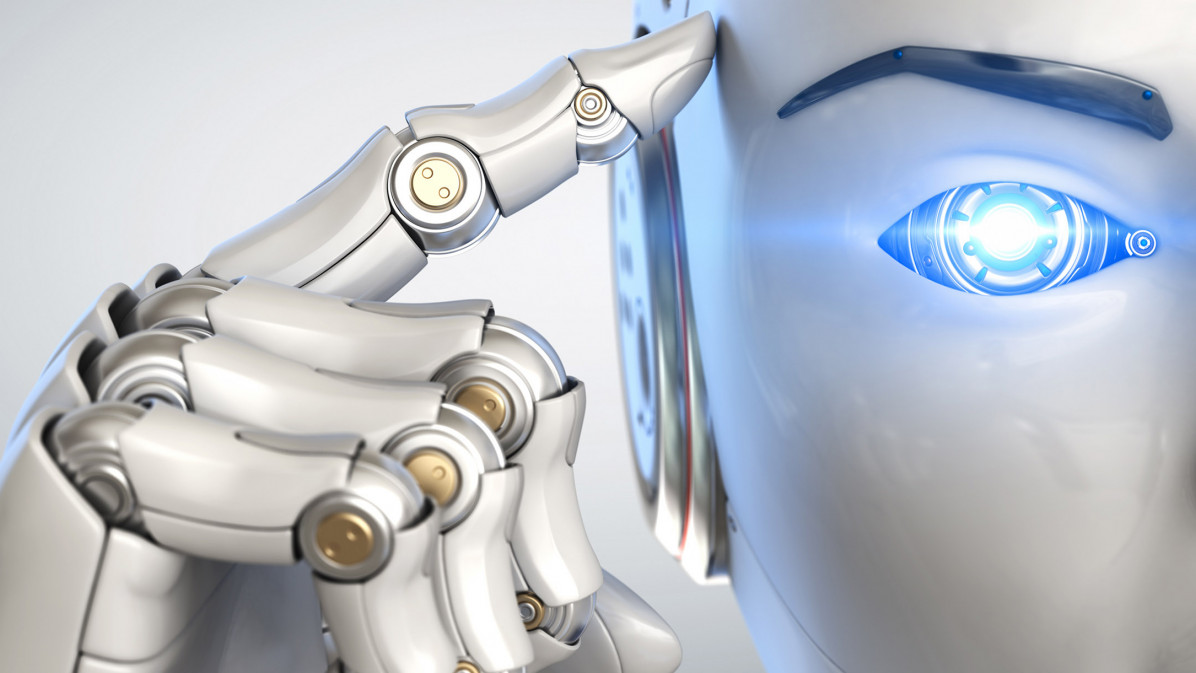Are we ready for the AI tech revolution?
Social earthquakes are looming fast from the coming tech revolution with the rise of automation, robots and especially artificial intelligence.
Does society realise what is coming? How can it prepare itself?

The last Industrial Revolution in the nineteenth century has important lessons on the scale of the problem. Andy Haldane, Chief Economist at the Bank of England warns:
“The societal challenge of the next great wave of technological change, it could be every bit as wrenching.”
This time the public backlash could be far greater and much faster. It means huge new challenges for governments to handle upheaval. “These days there’s almost an even greater scope for people to mobilise and protest if they are being affected,” warns Dr Haldane, who is the new chair of the recently established Industrial Strategy Council.
New human frontiers being opened up by this tech-revolution must be celebrated. New sources of wealth will emerge. But as the RSA [Royal Society of Arts] asks: “Do we have the political courage and conviction to share the wealth wisely?”
Can the scale and speed of change be handled politically?
Most estimates forecast a radical change to what work is and how many jobs will not be done by humans. The number of jobs that can’t be done by automation is shrinking fast, says the OECD.
The next wave of automation will affect 1.1bn people globally, says McKinsey. Only 5% of jobs are fully automatable. But 60% of jobs have significant elements that can be automated.
So far, this is a pre-revolutionary state. Currently the tech titans have the power and knowledge. But as the co-founder of Google Deep Mind, Mustafa Suleyman, acknowledges: “It’s clear that technology is losing society’s trust.” As a result, French president Emmanuel Macron warns that “this huge technological revolution is in fact a political revolution.”
Do political and corporate leaders realise how fast they could lose their grip on events and public trust? Lord Martin Rees, Astronomer Royal, sees a new “big challenge to governance”. AI is creating a “new tension between liberty, security and privacy”.
Professor Huw Price from the Centre for the Study of Existential Risk at Cambridge University says technology must not be allowed to rule the roost. “It’s up to society and policy makers and business to make the decisions.” Professor Jeffrey Sachs of Columbia University wants heavy taxing of the tech titans. He says the technological capacities have to be directed and harnessed.
There is hope.
Interdisciplinary centres are starting to address ethical and societal issues. Dr Max Tegmark of MIT helped create the Asilomar Principles on the safe use of Al. He engaged ethicists alongside techies. Why? “Just because you know how to programme computers doesn’t make you any more qualified to talk about humans flourishing on the planet”.
Tegmark is ahead of the game. But who is listening?
And who is qualified to pass judgement on the plethora of technology-related dilemmas exploding almost daily?
The societal challenges are enormous. But governments struggling with unthinkables and unpalatbles have not got the bandwidth to identify, let alone address them. UK politics is overwhelmed by Brexit.
Yet the whole of society needs to be engaged before it is shocked. This tech revolution could increasingly marginalise humans – the people who vote for politicians and buy products from companies.
Are there lessons on what to do from the last industrial revolution? Yes, Says Andy Haldane. There were “societal responses - civic or national or civil society responses - to these periods of wrenching … Society did not sit idly by while this was happening. A combination of government and civil society built institutions either to speed the passage so the costs weren’t as great, or to cushion the impact.”
But time is short. For this much faster tech revolution there is no sign yet of the necessary “How will we cope?” spirit. This is despite huge existential questions looming about the future nature of society, widening social inequality, and the ethical dimensions of innovation like quantum computing, biomedicine and gene editing.
Currently, mindsets are not deep, flexible or broad enough to match the enormity of future challenges. If we get it wrong there is a risk of undermining our national stability. This is not just an issue for the UK but for every country.
“There is an ethical and regulatory race against time. But I am an optimist,” says Lord Tim Clement-Jones, outgoing chair of the UK All Party Parliamentary Group on AI.
Thinking the Unthinkable is working with leaders in the tech industry, including the next generation, and with top researchers and academics, trades unions and policymakers on the challenges for leadership in the coming tech revolution.
Join us.
